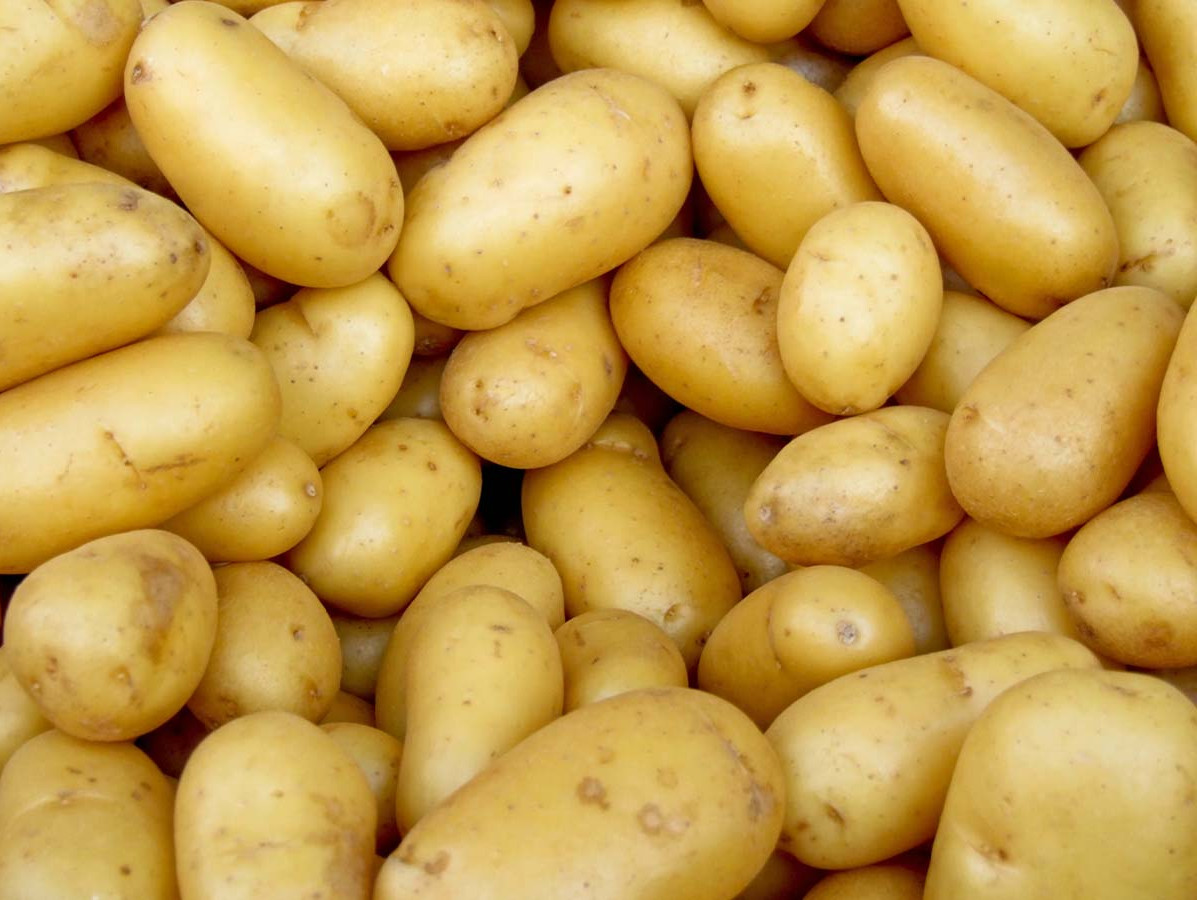
A new genetically modified potato, developed by potato breeder Dave Douches from Michigan State University, has been granted exemption from biotechnology regulations in the United States. Known as Kal91.3, this potato offers several advantages in terms of storage and environmental impact.
The Kal91.3 potato can be stored at cool temperatures without sucrose being converted into reducing sugars like fructose and glucose. This reduces discoloration and caramelization, leading to healthier and higher-quality products, such as chips. Additionally, this potato requires less use of fertilizers and pesticides, reducing the environmental impact of the cultivation process.
The development of the Kal91.3 potato began about ten years ago with research by Jiming Jiang, a professor at MSU. He discovered how to suppress the gene that produces vacuolar acid invertase, an enzyme responsible for breaking down sucrose in potatoes at low temperatures. Douches saw potential in this discovery to correct the sugar imbalance in commercial potatoes.
After numerous experiments between 2014 and 2015, Douches developed an RNA interference construct that suppressed the enzyme in a previously genetically modified potato variety, 'Kalkaska potatoes.' Tests between 2016 and 2023 showed that the Kal91.3 potato had good shape, size, and specific gravity, making it a valuable commercial product.
In January, Douches received confirmation that the Kal91.3 potato does not pose an increased risk of plant disease compared to conventionally bred potatoes, resulting in its exemption from biotech regulations. This means the potato could have also been developed using traditional breeding techniques.
Douches is now collaborating with leaders in the Michigan potato industry to evaluate the potential impact of the Kal91.3 potato. The storage capacity of this potato can help stabilize the industry with a consistent supply, even outside the harvest season. Additionally, the reduced amount of fructose and glucose can lead to crispier, healthier, and tastier chips.
The Kal91.3 potato not only offers benefits for producers and consumers but also for the environment. By using fewer fertilizers and pesticides, the ecological footprint of potato cultivation is reduced. Moreover, this potato can better cope with climate changes and periods of drought, contributing to stable yields and food security.
Source: Michigan State University